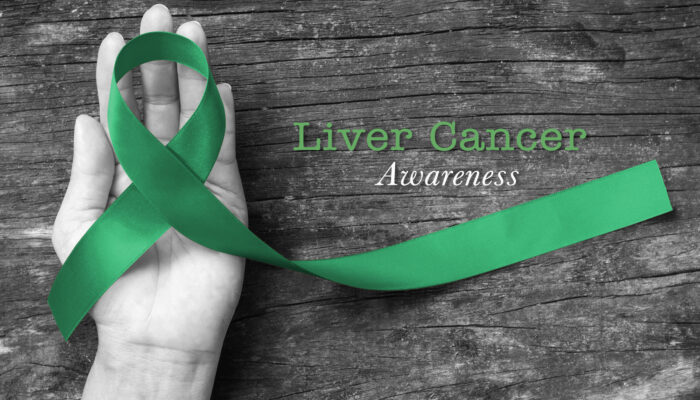
Home remedies for irritable bowel syndrome
Irritable bowel syndrome, IBS, affects between 25 and 45 million Americans, most of whom are women. People are prone to get the condition in their late teens to early 40s.
A mix of belly discomfort or pain, IBS causes trouble with bowel habits. This trouble with bowel habits may include either going more or less often than normal (diarrhea or constipation) or having different kind of stool (thin, soft and liquid, or hard)
IBS is not a life-threatening condition. It does not make one more prone to get other colon conditions, such as ulcerative colitis, colon cancer, or Crohn’s disease. However, IBS can be a long-lasting problem that changes how one lives their life. Individuals with IBS may miss work or school more often, and they may feel less able to take part in various daily activities. Some individuals may need to change their work setting by shifting to working from home, changing work hours, or even not working at all.
Symptoms of IBS
People with IBS may have symptoms like:
- Diarrhea (frequently described as violent episodes of diarrhea)
- A belly that sticks out
- Constipation
- Stools that are harder or looser than normal (pellets or flat ribbon stools)
- Constipation alternating with diarrhea
- Excessive gas or bloating
- Belly pains or cramps, usually in the lower half portion of the belly, which gets worse after meals and feels better after a bowel movement
The symptoms associated with IBS can worsen because of stress.
Some individuals with IBS also have urinary symptoms or sexual problems.
Types of IBS
The four types of IBS are:
- IBS with constipation (IBS-C)
- IBS with diarrhea (IBS-D)
- Mixed IBS (IBS-M)
- Unsubtyped IBS (IBS-U)
Home remedies for IBS
As there is no cure for IBS, one has to develop their own ways of living with the enemy. Not getting discourages is essential to finding a remedy or remedies that work for IBS. Dietary changes along with stress-relief tactics will provide a significant amount of relief. Although the body may not respond immediately to these changes, the goal is to find long-term, not temporary, solutions for IBS. Some home remedies for IBS are:
- Experiment with fiber – When one has IBS, fiber can be a mixed blessing. Although it helps in reducing constipation, it can also worsen the gas and the cramping. The best and the most ideal approach is to slowly increase the amount of fiber in the diet over a period of weeks. Examples of foods that are rich in fiber are whole grains, beans, fruits, and vegetables. However, if the symptoms and signs of IBS remain the same or worsen, it is essential to consult a doctor. One may also consult a dietician. Some people do better by limiting the dietary fiber and instead take a fiber supplement, which causes less gas and bloating.
- Avoid problem foods – If certain foods worsen the signs and symptoms of IBS, it is best to avoid them. These foods include alcohol; sugar-free sweeteners, such as sorbitol or mannitol; chocolate; dairy products; caffeinated beverages, such as coffee and sodas; and medications that contain caffeine. If gas is a problem, then foods that might worsen the symptoms include beans, broccoli, cabbage, and cauliflower. For some people, fatty foods also may cause a problem. Chewing gum or drinking through a straw may cause swallowing of air, leading to more gas.
- Eat at regular times – To regulate bowel function, it is essential that one does not skip meals and tries to eat at about the same time each day. If one has diarrhea, they may find that eating small, frequent meals makes them feel better. But if one is constipated, eating larger amounts of high-fiber foods can help move the food through their intestines.



